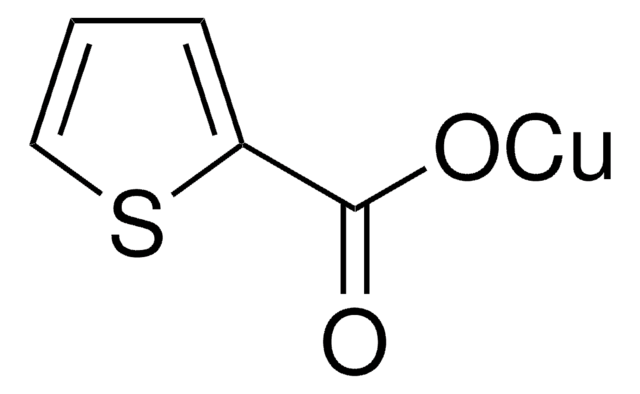682675
2-Isobutyrylcyclohexanone
96%
Synonym(s):
2-(2-Methyl-1-oxopropyl)cyclohexanone
About This Item
Recommended Products
Assay
96%
form
liquid
reaction suitability
reagent type: ligand
refractive index
n20/D 1.5006
density
1.0076 g/mL at 25 °C
functional group
ketone
SMILES string
CC(C)C(=O)C1CCCCC1=O
InChI
1S/C10H16O2/c1-7(2)10(12)8-5-3-4-6-9(8)11/h7-8H,3-6H2,1-2H3
InChI key
PFOYYSGBGILOQZ-UHFFFAOYSA-N
Signal Word
Warning
Hazard Statements
Precautionary Statements
Hazard Classifications
Acute Tox. 4 Oral - Eye Irrit. 2
Storage Class Code
10 - Combustible liquids
WGK
WGK 3
Flash Point(F)
219.9 °F - closed cup
Flash Point(C)
104.4 °C - closed cup
Personal Protective Equipment
Certificates of Analysis (COA)
Search for Certificates of Analysis (COA) by entering the products Lot/Batch Number. Lot and Batch Numbers can be found on a product’s label following the words ‘Lot’ or ‘Batch’.
Already Own This Product?
Find documentation for the products that you have recently purchased in the Document Library.
Customers Also Viewed
Articles
Buchwald phosphine ligands for C-C, C-N, and C-O bond formation.
Our team of scientists has experience in all areas of research including Life Science, Material Science, Chemical Synthesis, Chromatography, Analytical and many others.
Contact Technical Service















